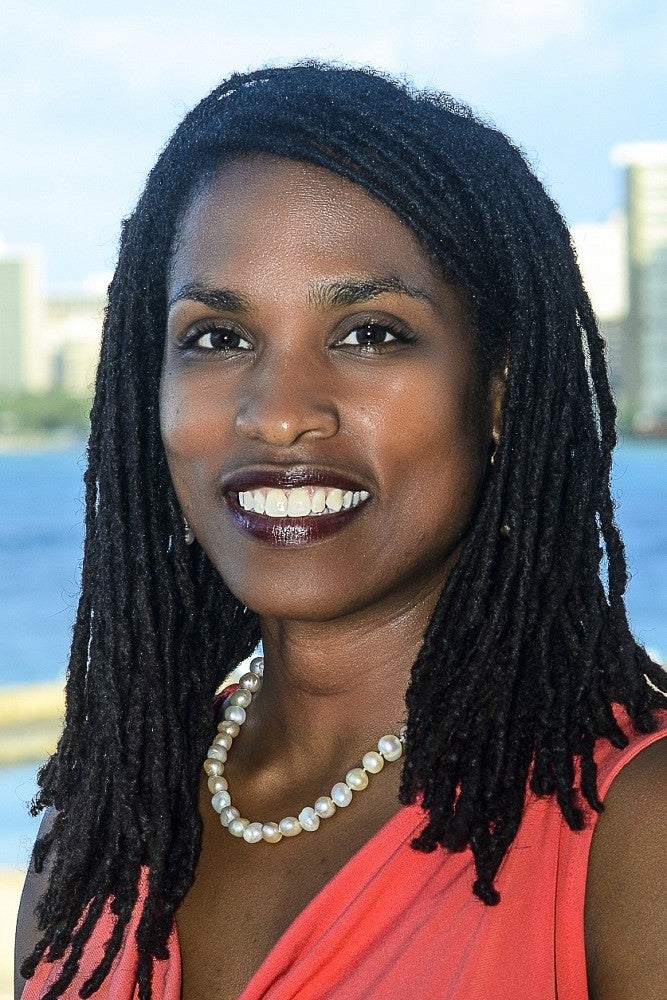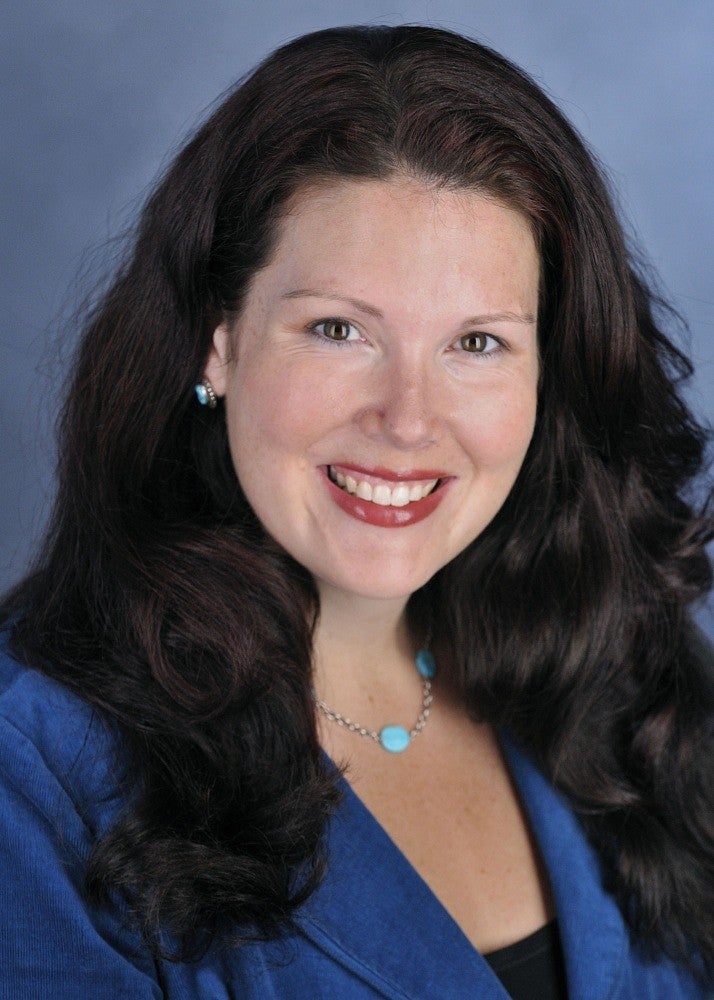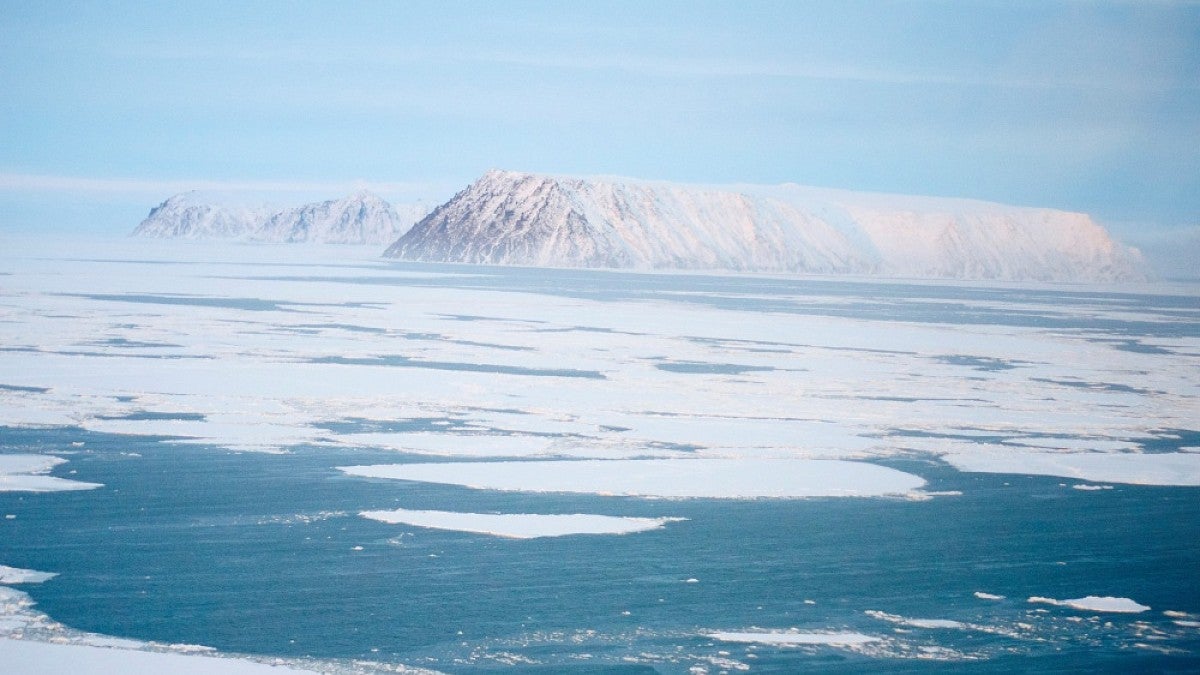The University of Oregon will host the fourth Climate Change and Indigenous Peoples Lecture on Monday, April 25, at 6:30 p.m. at the UO’s Many Nations Longhouse.
Speakers will examine tribal sovereignty, traditional knowledge and climate-induced change among indigenous peoples in the United States. The lecture is free and open to the public.
Keynote speakers Maxine Burkett from the University of Hawaii at Mānoa and Elizabeth Kronk Warner from the University of Kansas both are law professors who have worked closely with indigenous and marginalized populations around the world.


Kronk Warner serves as an appellate judge for the Sault Ste. Marie Tribe of Chippewa Indians Court of Appeals in Michigan and as a district judge for the Prairie Band Potawatomi Nation in Kansas.
Burkett has written extensively in diverse areas of climate law, with a particular focus on climate justice, exploring the disparate impact of climate change on vulnerable communities in the United States and globally. In 2010, Burkett served as the Wayne Morse Chair of Law and Politics at the UO.
"Climate change affects populations worldwide, especially indigenous peoples who have increasingly turned to legal strategies to defend their autonomy as they adapt their livelihoods and cultures to climate change,” said co-organizer Mark Carey, associate dean and professor of history and environmental studies in the Robert D. Clark Honors College.
UO law student Meghan “Sigvanna” Topkok will serve as a respondent to the keynote speakers, providing her perspectives and fostering dialogue. Topkok is Iñupiaq with roots in Ambler and Nome, Alaska, and currently studies the interstices of federal Indian, environmental and international law. She plans to return to Alaska after graduation to promote tribal sovereignty as a safeguard for traditional knowledge.
“There are Indigenous communities in the United States and internationally that are already experiencing significant impacts from climate change, including the loss of tribal lands and access to cultural resources,” said Kathy Lynn, conference co-organizer and director of the PNW Tribal Climate Change Project. “Understanding how climate change is impacting Indigenous peoples’ culture, health and sovereignty is critical to addressing these threats.”
UO co-sponsors for the event are the Clark Honors College, Environmental Studies Program, Native American Student Union, Office of the Vice President for Equity and Inclusion, Climate Change Research Group, School of Law, Wayne Morse Center for Law and Politics and Knight Chair of Social Science and the U.S. Forest Service Pacific Northwest Research Station. The event also is part of the Pacific Northwest Tribal Climate Change Project.
For more information, see the Climate Change and Indigenous Peoples Initiative website.


